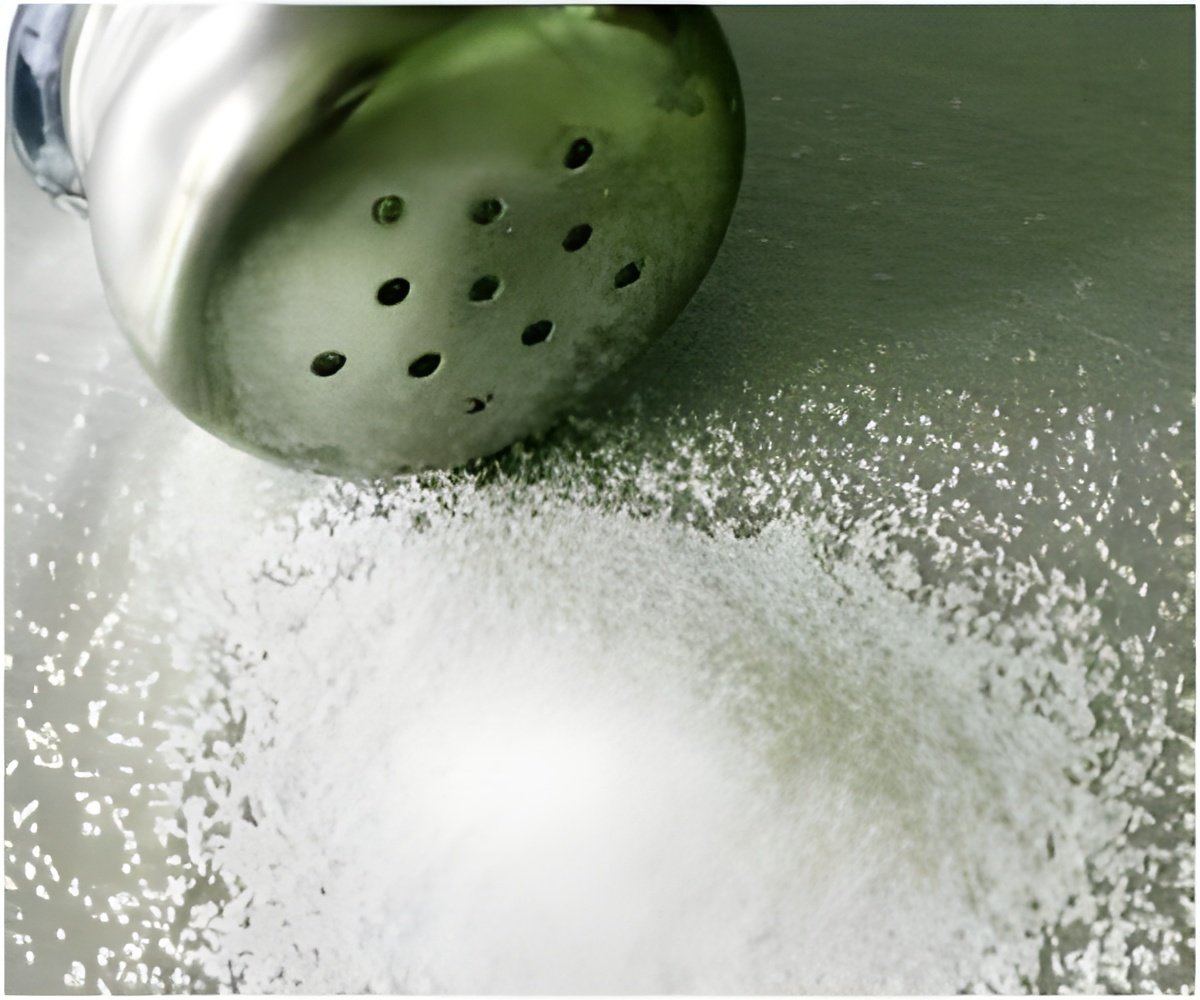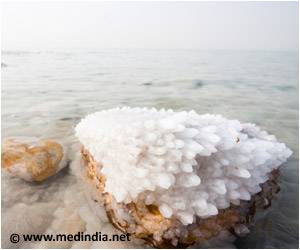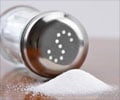People around the world consume twice as much salt they are recommended and this contributes to 1.65 million heart-related deaths per year, researchers said Wednesday.

Led by scientists at Harvard and Tufts University, the study combined data from 205 surveys of sodium intake in 66 countries around the world.
"These 1.65 million deaths represent nearly one in 10 of all deaths from cardiovascular causes worldwide," said lead researcher Dariush Mozaffarian, dean of the Friedman School of Nutrition Science and Policy at Tufts University.
"These new findings inform the need for strong policies to reduce dietary sodium in the United States and across the world."
The average level of global daily sodium intake in 2010 was 3.95 grams per day, nearly double the World Health Organization recommendation of two grams per day, the study found.
Advertisement
Regional averages ranged from 2.18 grams per day in sub-Saharan Africa to 5.51 grams per day in Central Asia.
Americans' average daily salt intake was 3.6 grams. The US government recommends limiting sodium to no more than 2,300 mg (2.3g) per day.
"The majority of Americans have acquired a taste for a sodium consumption by a high salt diet," said Kevin Marzo, chief of cardiology at Winthrop-University Hospital in Mineola, New York, who was not involved in the study.
"Health risks, particularly in its contribution to high blood pressure, may occur with the total daily consumption of more than a teaspoon of table salt."
- More study needed -
An accompanying editorial in the journal by doctor Suzanne Oparil at the University of Alabama at Birmingham urged caution in interpreting the results "given the numerous assumptions necessitated by the lack of high-quality data."
Other research published in the same issue of the New England Journal of Medicine showed evidence that both high and low levels of sodium were linked to greater risk of death and cardiovascular disease.
That further complicates the question of whether lower sodium diets might help or hurt public health, she said.
"These provocative findings beg for a randomized, controlled outcome trial to compare reduced sodium intake with usual diet," Oparil wrote.
"In the absence of such a trial, the results argue against reduction of dietary sodium as an isolated public health recommendation," said Oparil.
The Institute of Medicine has convened experts to weigh in on the matter, and they reported last year that most evidence shows high sodium boosts the risk of heart disease.
However, the IOM also said there is not enough research to say for sure that lowering sodium to the recommended intake range of 1.5-2.3 grams per day would lower the risk of heart disease in the general population.
Still, it probably wouldn't hurt for most people to try and cut down on sodium, said David Friedman, chief of heart failure services at North Shore-LIJ's Franklin Hospital in Valley Stream, New York.
"Based on the available data, reducing our collective sodium intake to the daily range between 1,500 to 2,000 milligrams per day is probably the sweet spot for just enough but not too much oral sodium intake in most adults with known heart disease or those who are trying to prevent further personal cardiovascular trouble," said Friedman, who was not involved in the study.
Valentin Fuster, physician-in-chief of The Mount Sinai Hospital in New York, said eliminating processed foods is a good way to improve health.
"Nearly 50 percent of daily sodium intake comes from consumption of bread, processed meats, pizza, soups, sandwiches, snacks, and cheese," he said.
Source-AFP











